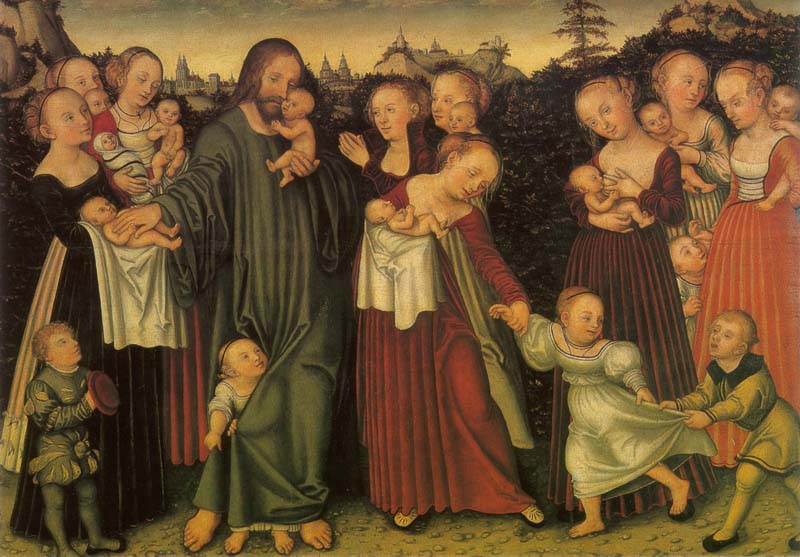Today, we hear the story of Abraham and Sarah recounted. They embarked on a journey together, moving away from home and not knowing where they were going. They became foreigners in every land, wandering around and living in tents. Though they had lost their ability to be fruitful, they believed that one day they would have descendants as numerous as the stars.
Why?
Yesterday was the Feast of St. Lawrence, a deacon of Rome who defied the emperor. In the year 258, after witnessing the martyrdom of Pope Sixtus II, the rulers of Rome, perhaps even Emperor Valerian himself, demanded that Lawrence surrender the riches of the church to the state. Lawrence showed up the next day with all the poor of Rome. He was sentenced to be grilled on the gridiron. He faced this terrible death with patience and courage, and even joked with his executioners, “I’m done on this side, turn me over.” His memory has stayed alive, and his story passed from generation to generation.
Why?
The disciples repeatedly did all the seemingly crazy things that Jesus demanded of them. Today he tells them not to fear, to sell all their things, to give alms, and to trust that their treasure is not on earth, but in Heaven. And they did it.
Why?
We can find the answer in one half of one sentence that we heard in the Letter to the Hebrews today: they “thought that the one who had made the promise was trustworthy.” Abraham and Sarah thought that God was trustworthy. St. Lawrence thought that God was trustworthy. The disciples thought that God was trustworthy. And what was the promise he had made them? To Abraham and Sarah, he promised to make their descendant as numerous as the stars of the sky. To Lawrence, he promised that whoever follows him and gives up their life will preserve it for eternity. To the disciples, he promised that the “Father is pleased to give [them] the kingdom.”
What do we call this trust that God will do as he promised? Faith.
These people found God trustworthy; they knew in their hearts that God keeps all of his promises. They knew that God is the Truth, the Way, and the Life. He is incapable of not keeping his promises. The idea of God breaking his promises was nonsensical to them, as silly as a square circle or a bad plate of spaghetti. These things just don’t exist. (Well, I’m kidding about the spaghetti thing. I guess that’s possible. Just really hard to do.)
God has made each one of us a promise too. He’s asked us to detach ourselves from the things of this world, to surrender our wills to him, and follow him wherever he goes. If we do that, he promises that no one will give up anything in this life without being repaid many times over, and he promises eternal life with him in Heaven.
How will we respond? Will we light our lamps and wait for him? Will we, like the good servants, execute his will with love and charity? Or will we become like the other servants: bitter and angry, resentful that God has given us this task?
A day is coming—we do not know when—that our lives will be demanded of us. We will have to answer to God for our lives. I hope that each of us here will be able to say, “Lord, I knew that you were trustworthy, so I put my faith in you and followed you as well as I could.” Brothers and sisters, never forget to pray for faith and for the courage to live your faith. I do nearly every day, because I know that my soul and my hope of eternal life in Heaven both depend on it.
Today’s Readings:
August 11, 2019
19th Sunday of Ordinary Time
Wisdom 18:6-9; Psalm 33; Hebrews 11:1-2, 8-19; Luke 12:32-48

